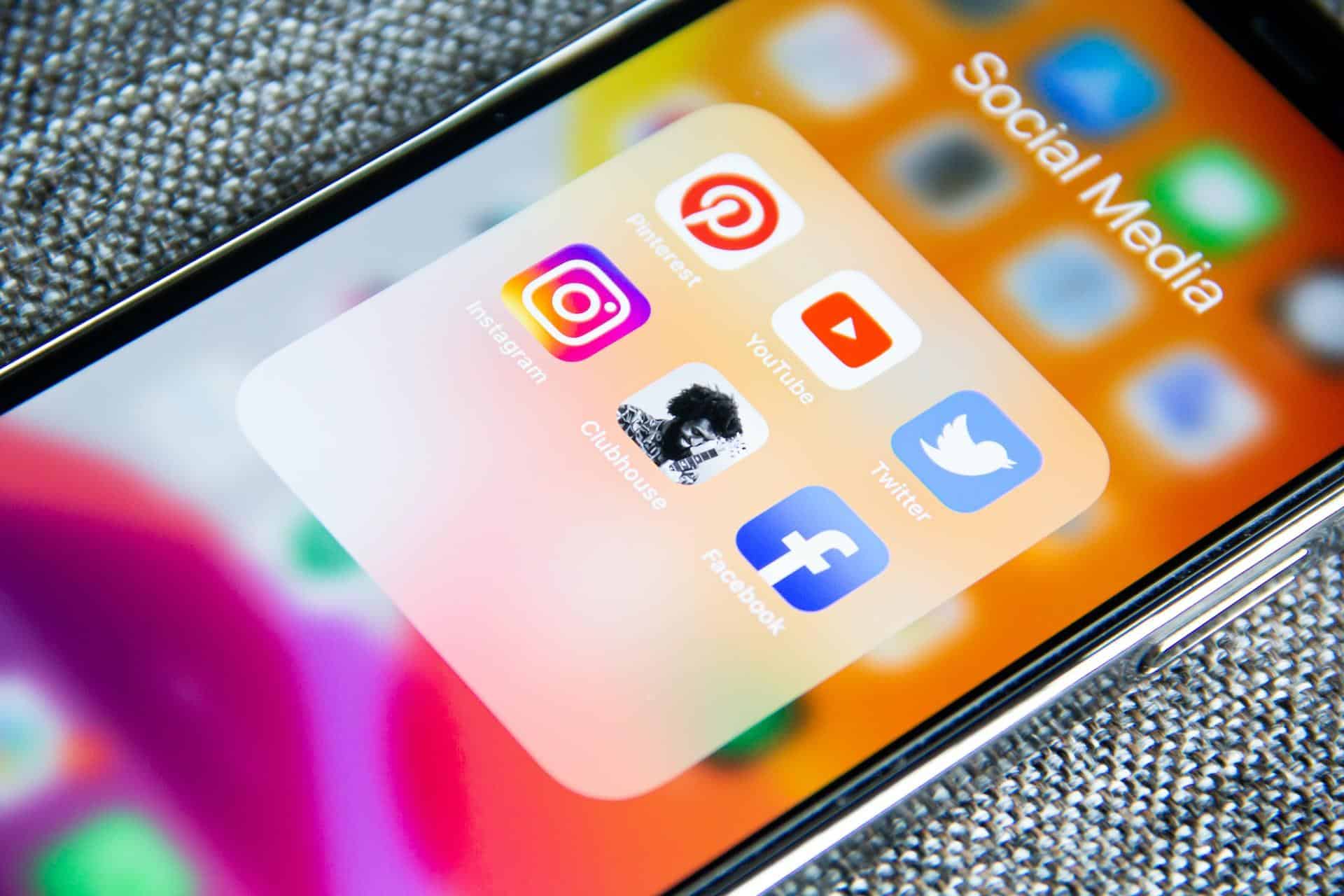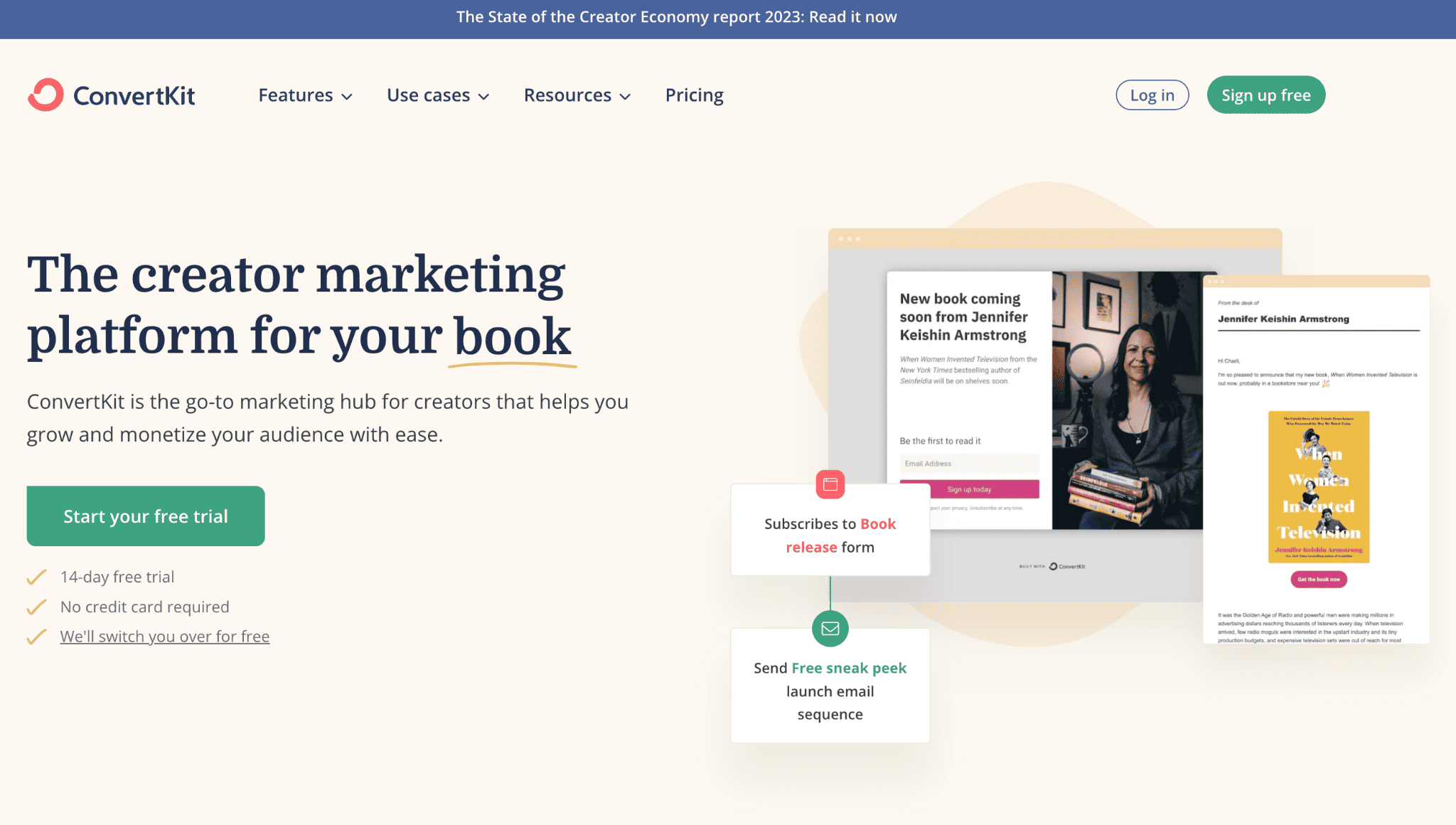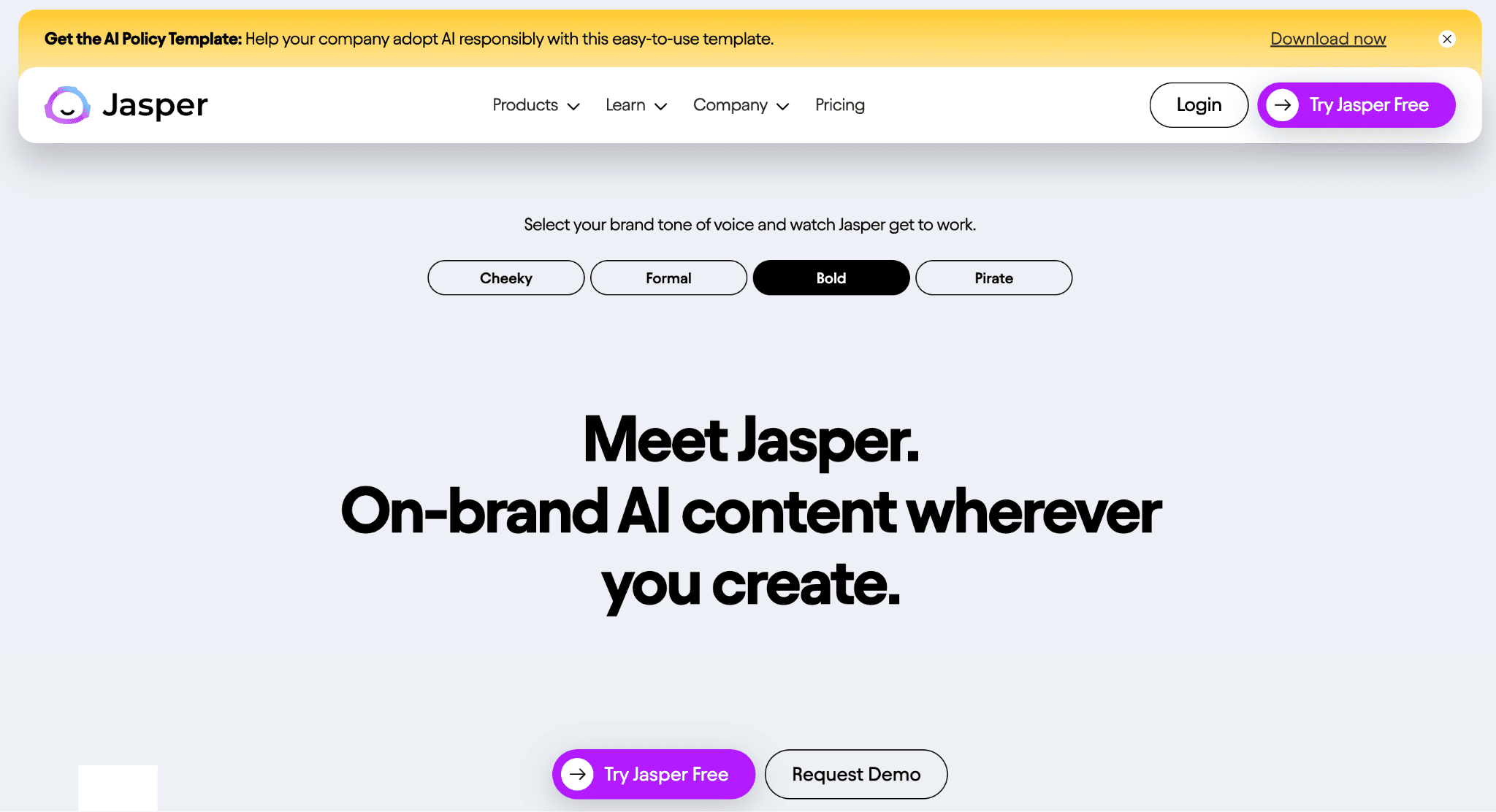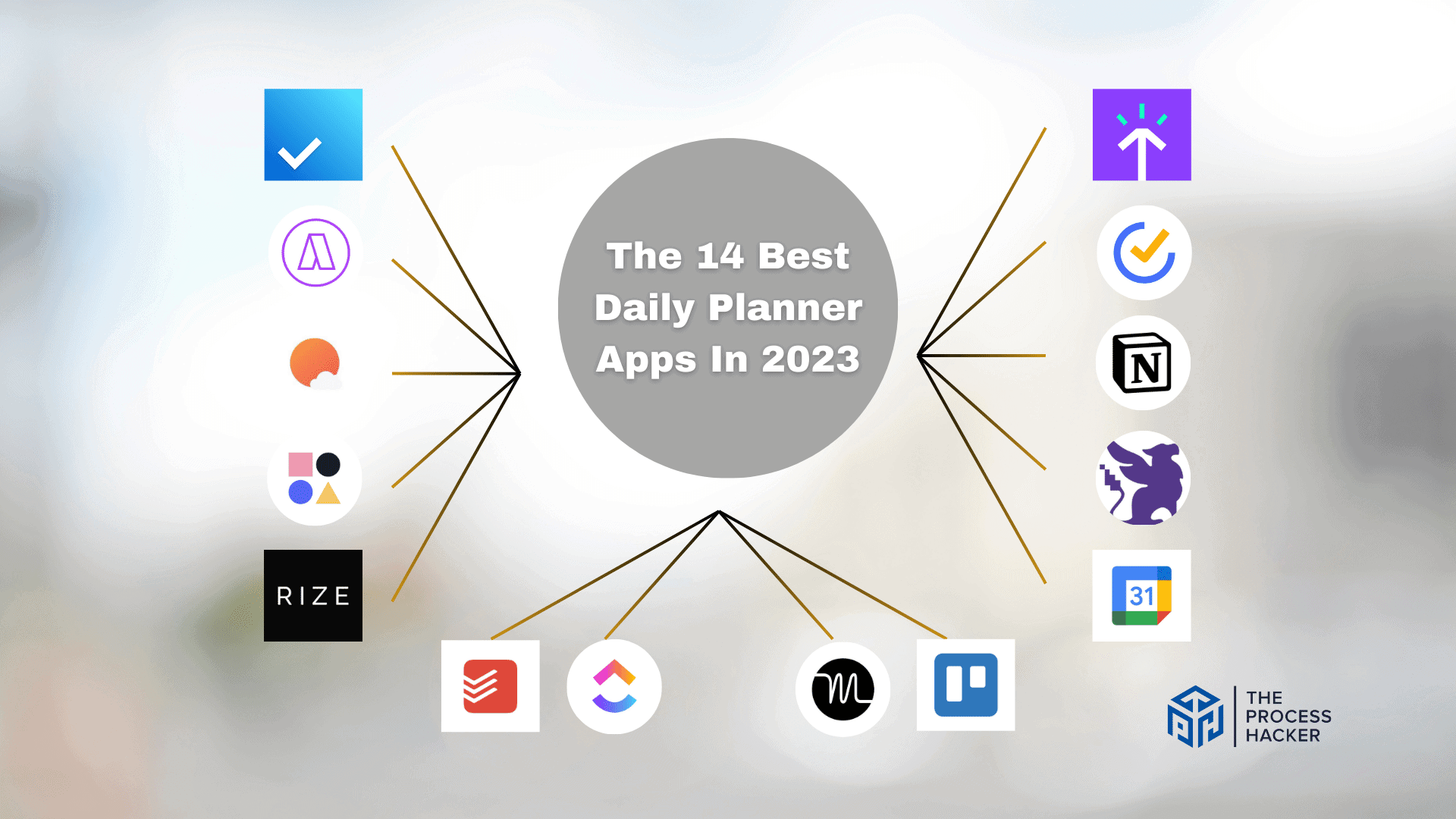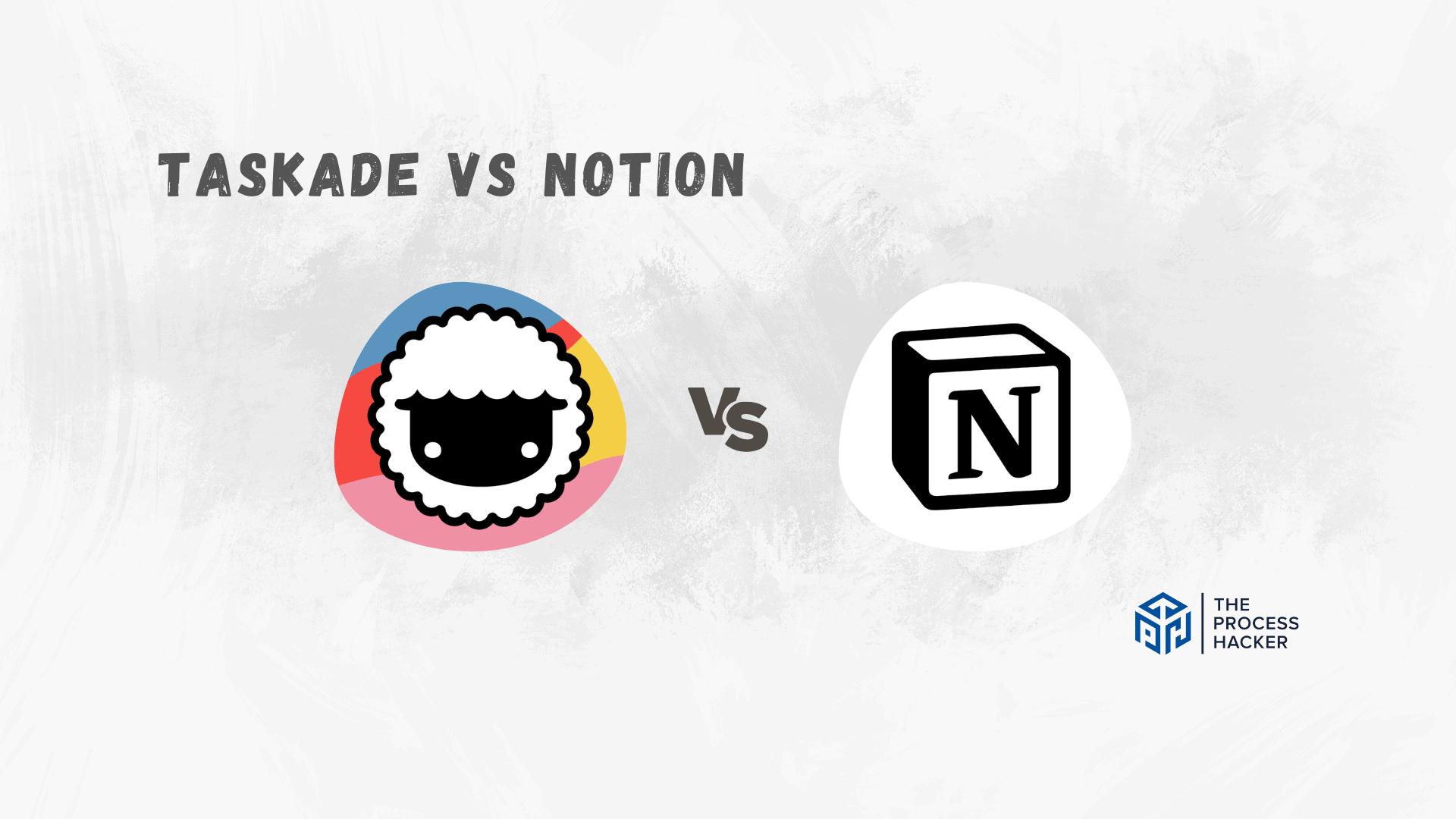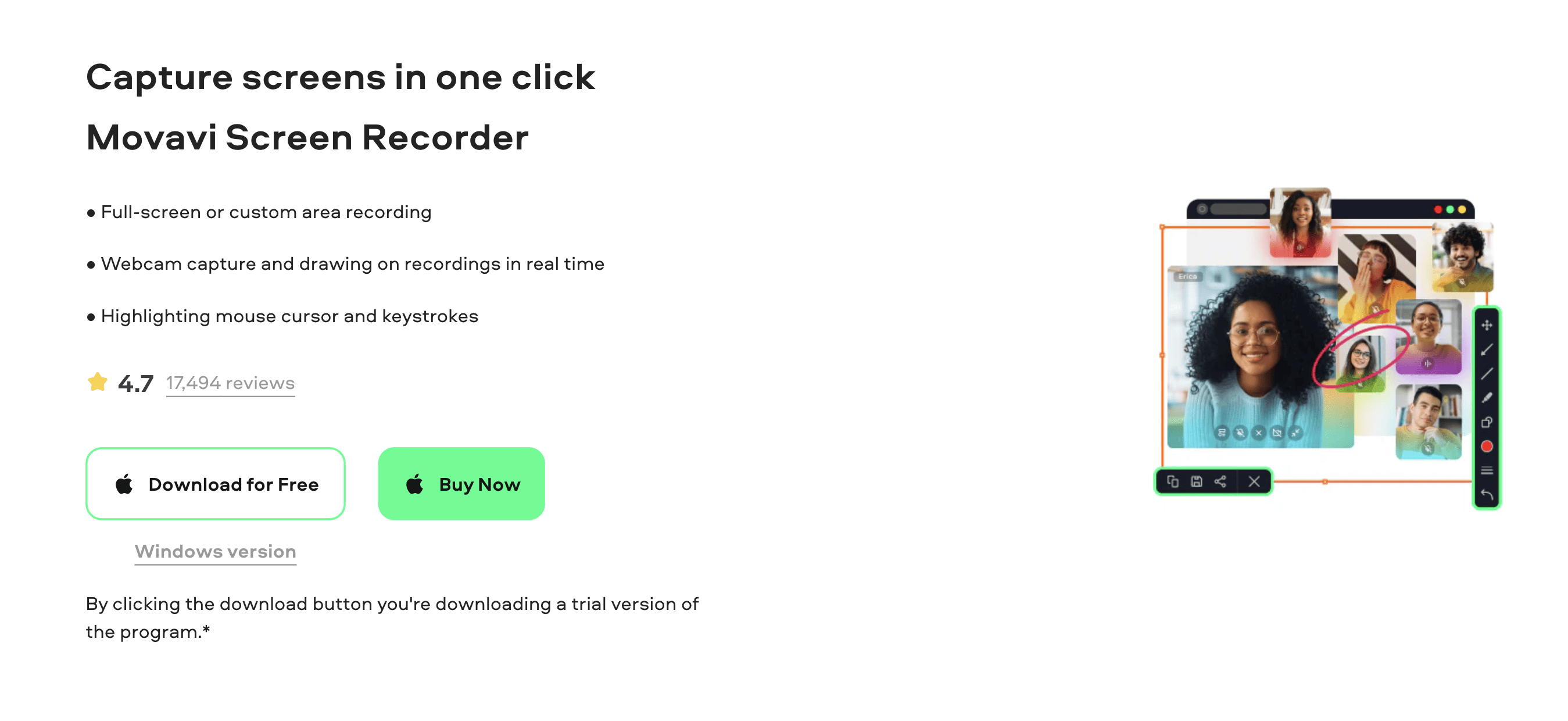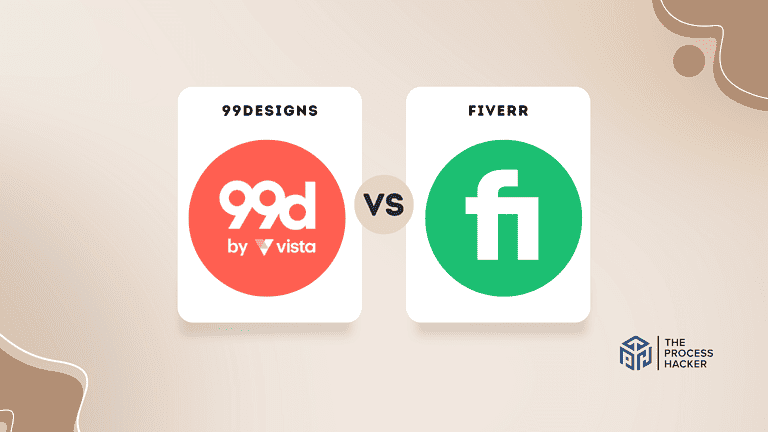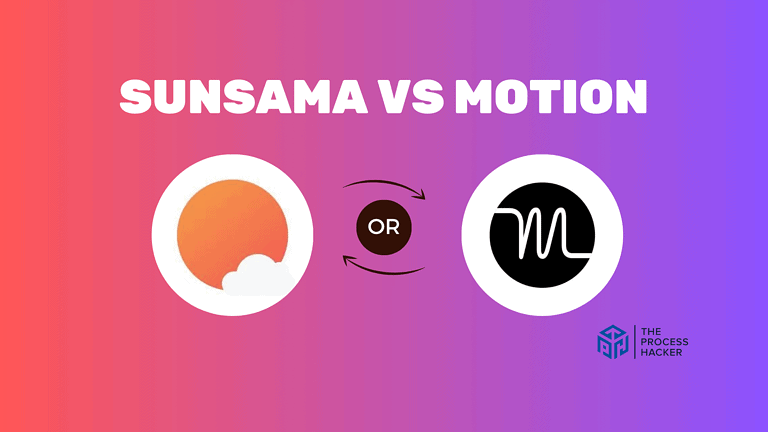Marketing Automation: A Comprehensive Guide for 2024
Are you manually creating content, posting, and sending emails? Then, it seems like you need marketing automation. Read this guide for more!
Have no fear, for we are here to help demystify all things related to marketing automation! Whether you’re new to marketing or a grizzled veteran, this blog post will help you streamline your marketing processes and find a marketing automation solution for your business needs.
You’ll learn about the basics of marketing automation, its key advantages, the best marketing automation tools, and tips for developing a successful strategy. So buckle up and get ready to revolutionize your marketing game!
Bottom Line Up Front (BLUF) Summary
- Marketing automation is software to streamline, automate, and measure digital marketing tasks and workflows, enabling companies to target customers more efficiently across multiple channels and improve operational efficiency.
- Businesses of all sizes can benefit from top marketing automation platforms like ConvertKit, Buffer, Repurpose.io, and more.
- Developing an effective strategy and integrating AI tools (like ChapGPT, DALL-E, and Jasper) with marketing automation helps maximize ROI for businesses.
Marketing Automation Basics
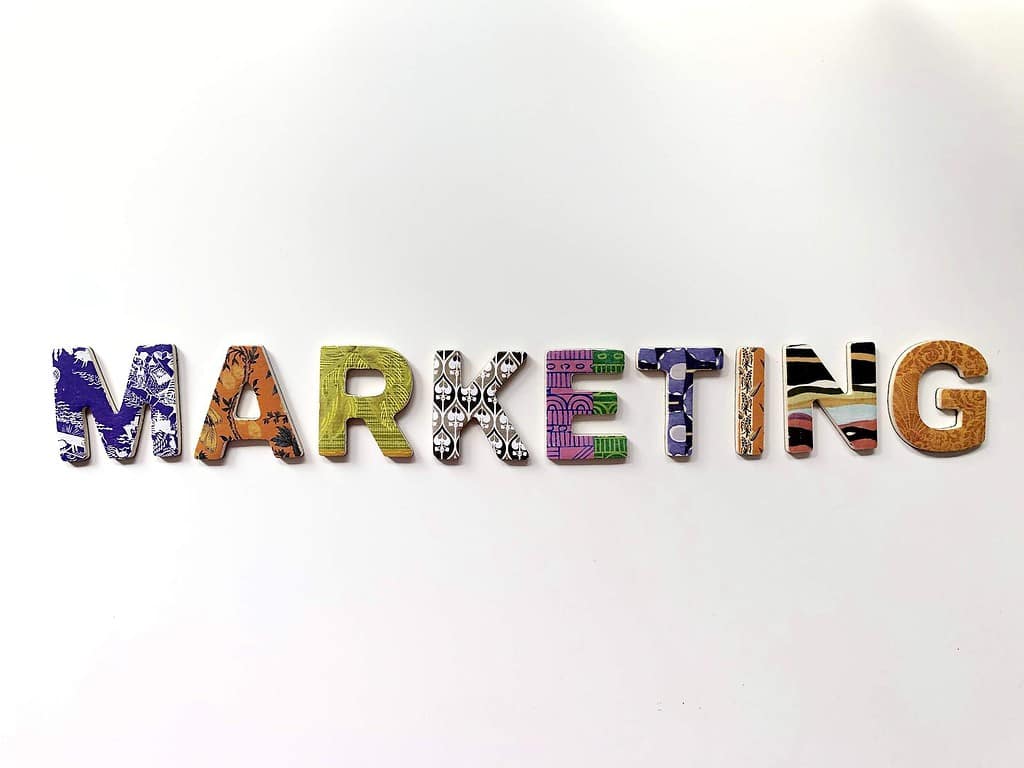
In today’s fast-paced world, managing a bunch of marketing tasks and channels can be overwhelming. That’s where marketing automation comes in, providing businesses with a powerful tool to simplify and automate tedious marketing tasks, allowing them to focus on more impactful marketing efforts.
By leveraging the right marketing automation software, businesses can not only save time and money but also improve lead nurture, customer targeting, and team efficiency.
What is Marketing Automation?
Marketing automation refers to using software to automate repetitive tasks, like an email campaign or posting to social media. Marketing automation makes it easier for you or your marketing team to create marketing campaigns and send them according to a predetermined schedule or pattern.
With the help of marketing automation tools, businesses can free up valuable time and resources to focus on strategic initiatives and deliver a more personalized customer experience.
How does Marketing Automation Work?
Effective marketing automation leverages data and algorithms to create personalized customer experiences, refine lead targeting, and heighten marketing efforts. By taking care of manual tasks and making your customer data accessible, automation streamlines the customer experience, improves your overall marketing strategy, and ultimately boosts ROI.
Here are some examples of marketing automation in action:
- Automate lead generation and qualification processes by segmenting leads based on their responses, interests, and behavior.
- Automate email campaigns by collecting prospective emails and sending targeted campaigns based on their preferences.
- Automate social media by scheduling posts to be sent out at the most optimal times of day for maximum reach and engagement.
- Collect customer data from all your marketing channels to create better customer profiles.
- Analyze customer interactions to refine lead targeting for campaigns.
- Create personalized content for qualified leads to nurture them.
Why Should You Implement Marketing Automation?

Implementing marketing automation offers many advantages, including time and cost savings, enhanced customer targeting, and improved team efficiency. Each of these advantages contributes to an overall boost in productivity, making automation a must-have solution for businesses looking to stay ahead of the competition.
Time and Cost Savings
By automating mundane tasks, marketing automation saves companies time and money, so you or your marketing and sales team can focus on more impactful initiatives.
Automation eliminates the need for manual labor and enables teams to create campaigns, track results, and adjust their strategies accordingly quickly.
Enhanced Customer Targeting
Marketing automation software allows businesses to better understand their customers’ needs and preferences.
By collecting customer data from various channels, businesses can create personalized campaigns, send retargeting ads, and conduct A/B testing to nurture leads and drive conversions.
Improved Team Efficiency
Having access to the right data and insights helps teams work smarter and more efficiently.
Automation allows teams to track results in real-time, allowing for quick adjustments on the fly and a greater ability to measure ROI.
What are the Best Marketing Automation Tools?
As the demand for automation grows, many automation tools are available to help businesses achieve their goals. Here is a list of the best marketing automation software, so let’s take a closer look at each platform and what they offer.
If you purchase through our partner links, we get paid for the referral at no additional cost to you! For more information, visit my disclosure page.
Active Campaign
Active Campaign is an all-in-one marketing automation platform that provides customer relationship management (CRM), email marketing, sales funnel automation, and more. With its powerful segmentation capabilities, businesses can easily create personalized campaigns for targeted leads.
Active Campaign also offers an intuitive drag-and-drop interface, allowing users to create automated campaigns quickly and easily.
ConvertKit
ConvertKit is a powerful email marketing platform designed for bloggers, creators, and small businesses. It lets you quickly build email sequences to send to your subscribers based on specific triggers.
ConvertKit also integrates with other popular platforms like WordPress, Shopify, and Zapier, giving users the flexibility to build landing pages and easily collect emails.
Loomly
Loomly is an easy-to-use social media automation tool that helps businesses save time by automating their Instagram, Facebook, or LinkedIn posts. It allows users to queue up posts ahead of time and then schedule them across multiple networks.
Loomly also provides users with advanced analytics and insights into their social media performance, allowing them to optimize their content for maximum engagement.
Repurpose.io
Repurpose.io is an all-in-one platform that helps businesses create automated workflows for content distribution across multiple channels. It lets users quickly repurpose existing content into different formats, such as videos, podcasts, and graphics.
With its efficient content distribution system, Repurpose.io also helps businesses push content and build an audience across multiple channels.
Supercharging Your Marketing Automation with AI
When you add artificial intelligence (AI) into your marketing processes, you can significantly increase the speed at which you generate content and personalize it to fit your target customer.
Or get the right marketing automation software with AI built in to help you optimize the user experience by providing customers with more relevant content at each stage of the customer journey.
With AI, you can create much more content, build automated marketing processes, build deeper relationships with your customers, and drive greater engagement across all channels.
Jasper.AI
Jasper AI is my favorite AI tool to help you automate marketing content across multiple channels. It uses natural language processing (NLP) and machine learning (ML) to create personalized written content to engage and convert audiences.
Jasper is primarily a writing tool but can also be used for image content creation, such as infographics using Jasper Art.
ChatGPT
As one of the most popular AI tools to explode onto the market, Open AI’s ChatGPT can help you create automated written content for their marketing to write articles, emails, and more for their ideal customer.
It uses natural language generation (NLG) to generate text from given parameters and allows for customizations on topics, imagery, sentiment, and more.
Surfer SEO
Surfer SEO is an AI-powered SEO analytics platform that enables businesses to quickly identify and optimize content for better search engine visibility. It provides detailed insights into website performance and helps you gain a competitive edge on search engine results pages (SERP).
Surfer SEO also provides actionable recommendations for improving your website’s content and metrics based on keyword research and competitor analysis.
Dall-E
Also, from Open AI, Dall-E is a powerful marketing automation tool for creating image content using natural language processing.
Simply input an idea, whether it’s a product concept or a more abstract concept like “A robot wearing a cape,” and the AI will generate unique images to match your description. This makes creating visuals for marketing campaigns incredibly simple without any design expertise.
Copy.AI
Copy.AI is an AI-powered copywriting tool that helps marketers quickly write engaging, attention-grabbing content for their campaigns.
It uses natural language processing (NLP) to produce well-written, SEO-friendly copy in a fraction of the time it takes to write content manually. It also has an extensive library of industry-specific templates, making it one of the most comprehensive AI copywriting tools on the market.
How to Develop a Successful Marketing Automation Strategy
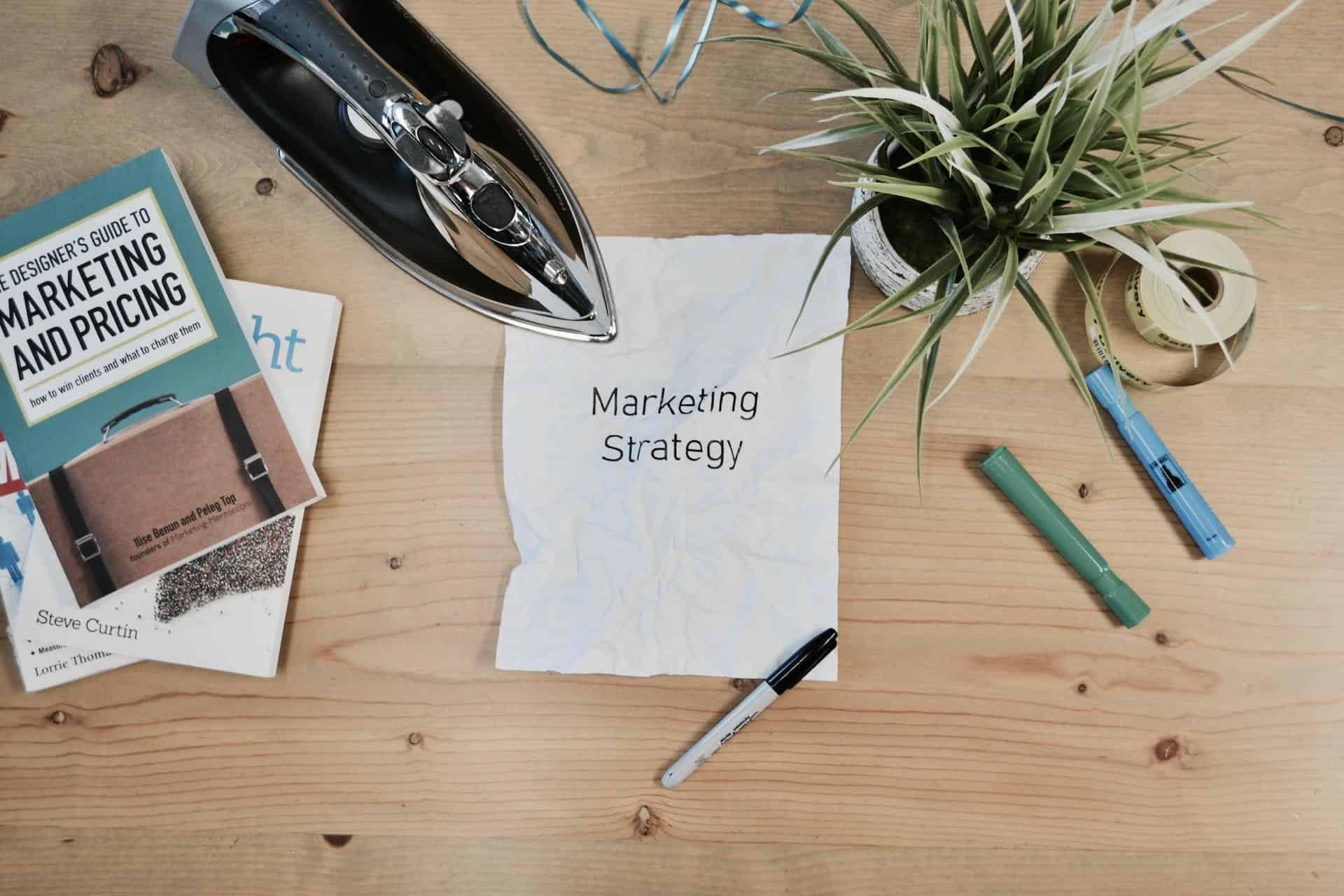
To truly unlock the potential of marketing automation, developing a winning strategy that aligns with your overall business goals and drives results is crucial.
In the following subsections, we’ll delve deeper into these critical steps: identifying goals and objectives, selecting the right platform, and training and onboarding staff to ensure a seamless transition to marketing automation.
Identifying Objectives and Key Results
A well-defined set of objectives and key results is the foundation of a successful marketing automation strategy. Thus, clearly identify what you want to achieve with automation, such as increasing customer engagement, boosting conversion rates, or improving ROI
Then, tailor your marketing efforts to align with these objectives. This allows you to focus your resources on the most relevant content and strategies, ultimately driving better results and maximizing the benefits of marketing automation.
Selecting the Right Automation Tools
Once you have a clear vision of your goals and objectives, the next step is to choose the right marketing automation tools that best suit your business needs. On our site, we have researched and compared different platforms based on their purpose, features, and pricing.
Remember that the most effective platform for your business will depend on factors such as your budget, team size, and the specific marketing tasks you want to automate.
Training and Onboarding Staff
Properly training and onboarding your team ensures a smooth transition to marketing automation and maximizes its potential.
Provide clear instructions, resources, and support to help your team understand the features and capabilities of your chosen tools. Encourage open communication and collaboration throughout the process to facilitate seamless integration of marketing automation tools into your existing workflows and processes.
Ensure you provide ample training and support to ensure your team is comfortable with the new system.
Tips for Maximizing Your Marketing Automation
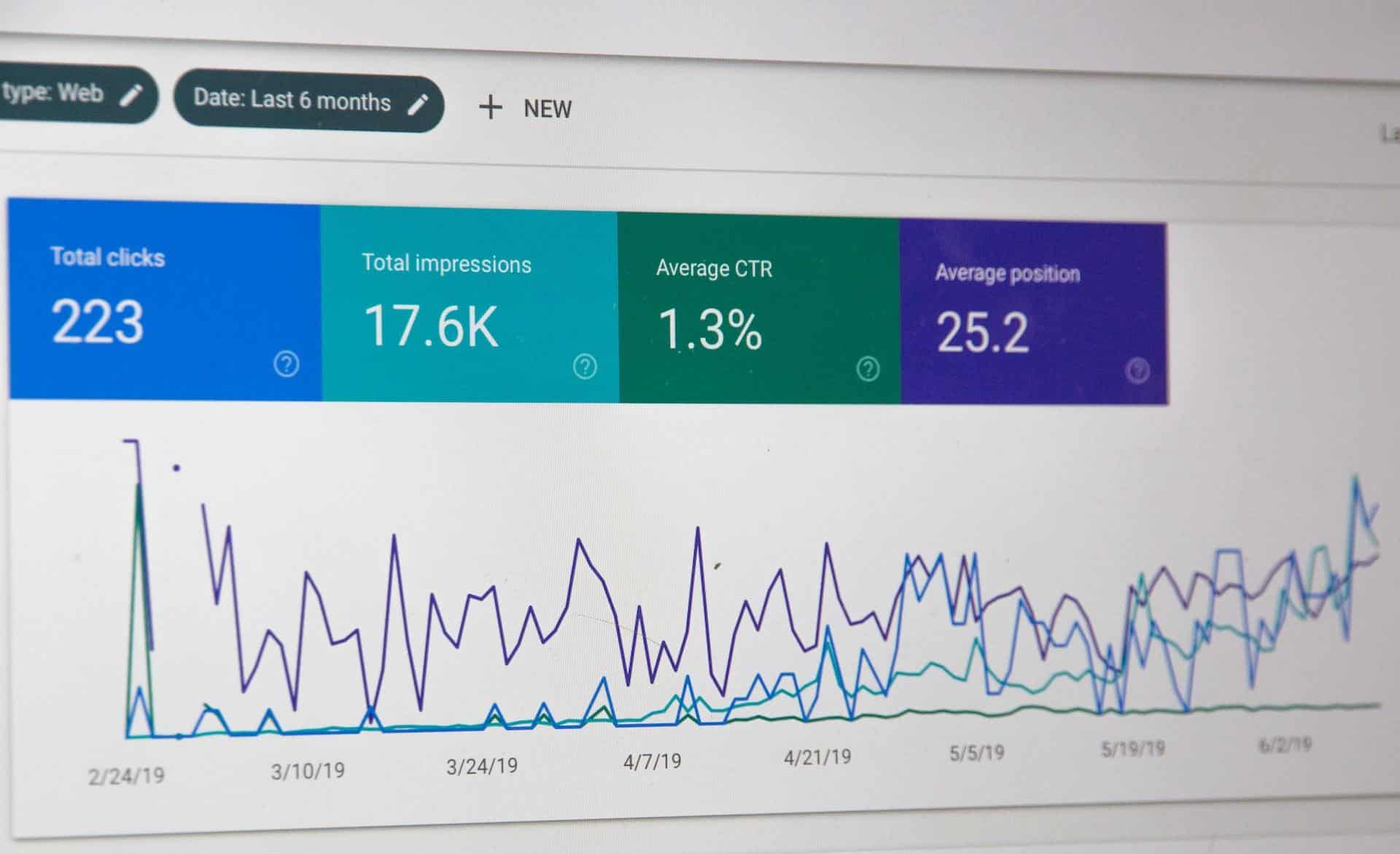
To fully harness the power of marketing automation, it’s crucial to keep certain best practices in mind.
Emphasize personalization
Personalization plays a critical role in maximizing the reach of marketing content. You can create more engaging and relevant interactions by using tools to tailor your marketing messages and experiences to individual customers based on their preferences, behavior, and demographics.
Personalized interactions go a long way. According to a survey, 44% of consumers say it makes them more likely to buy from a company again. Further, personalization enhances customer loyalty and drives better results throughout the customer lifecycle.
Regularly Evaluate and Optimize
It’s essential to regularly evaluate and optimize your marketing automation software, processes, and efforts to ensure continuous improvement. Track marketing-specific key performance indicators (KPIs) to measure the success of your campaigns and use data-driven insights to inform your optimization efforts.
Stay up-to-date with Industry Trends
Staying aware of industry trends is crucial for maintaining a cutting-edge marketing automation strategy and having one of the top sales and marketing teams. There will always be advances in marketing software, changes in customer behavior, and the emergence of the next big marketing channel.
Be adaptable to your industry and improve your marketing process to stay ahead of the curve and consistently deliver exceptional results. Also, embracing new trends and technologies can help you capitalize on new opportunities and ensure the ongoing success of your marketing automation efforts.
Final Thoughts on Marketing Automation
If you implement what you have learned in this article, marketing automation will make you or your marketing department more effective in your marketing strategy and efforts!
By streamlining repetitive tasks, enhancing customer targeting, and improving team efficiency, marketing automation lets you produce more personalized content and drive significant growth to your brand.
So, what are you waiting for? It’s time to embark on your marketing automation journey and unlock a world of untapped potential!
For more, check out our post on how to automate your business!
Marketing Automation FAQs
How can marketing automation benefit my business?
Marketing automation helps you and your business save time and money while increasing customer targeting accuracy and boosting team productivity – maximizing the ROI of your marketing campaigns.
The right marketing automation solution can automate mundane tasks like email campaigns, customer communications, social media posts, and website updates, freeing up your team to focus on more critical tasks. It can also help you target customers more accurately with audience segmentation.
What is Email Marketing Automation?
Email marketing automation is the process of automating email campaigns to send emails based on specific triggers, such as customer behavior or scheduling. It can also be used to personalize messages and target customers more effectively with segmented lists.
What is Social Media Marketing Automation?
Social media marketing automation is the process of automating social media posts and campaigns to save time and drive engagement. It can also be used to track customer actions, target customers more efficiently with segmented lists, and measure the effectiveness of your campaigns.
What is CRM marketing automation?
CRM and marketing automation work together to build customer relationships and drive profits. By leveraging marketing data, you can target customers with personalized campaigns, streamline marketing activities, increase engagement, and measure success with closed-loop reporting.
What is the difference between CRM and marketing automation?
CRM is sales-oriented and used to handle leads and maintain relationships with existing customers, while marketing automation focuses on automating activities such as communication management, campaign management, and customer segmentation.
CRM and marketing automation combined allow businesses to create relationships before leads are sent to sales and track results of what is working and what is not working.

